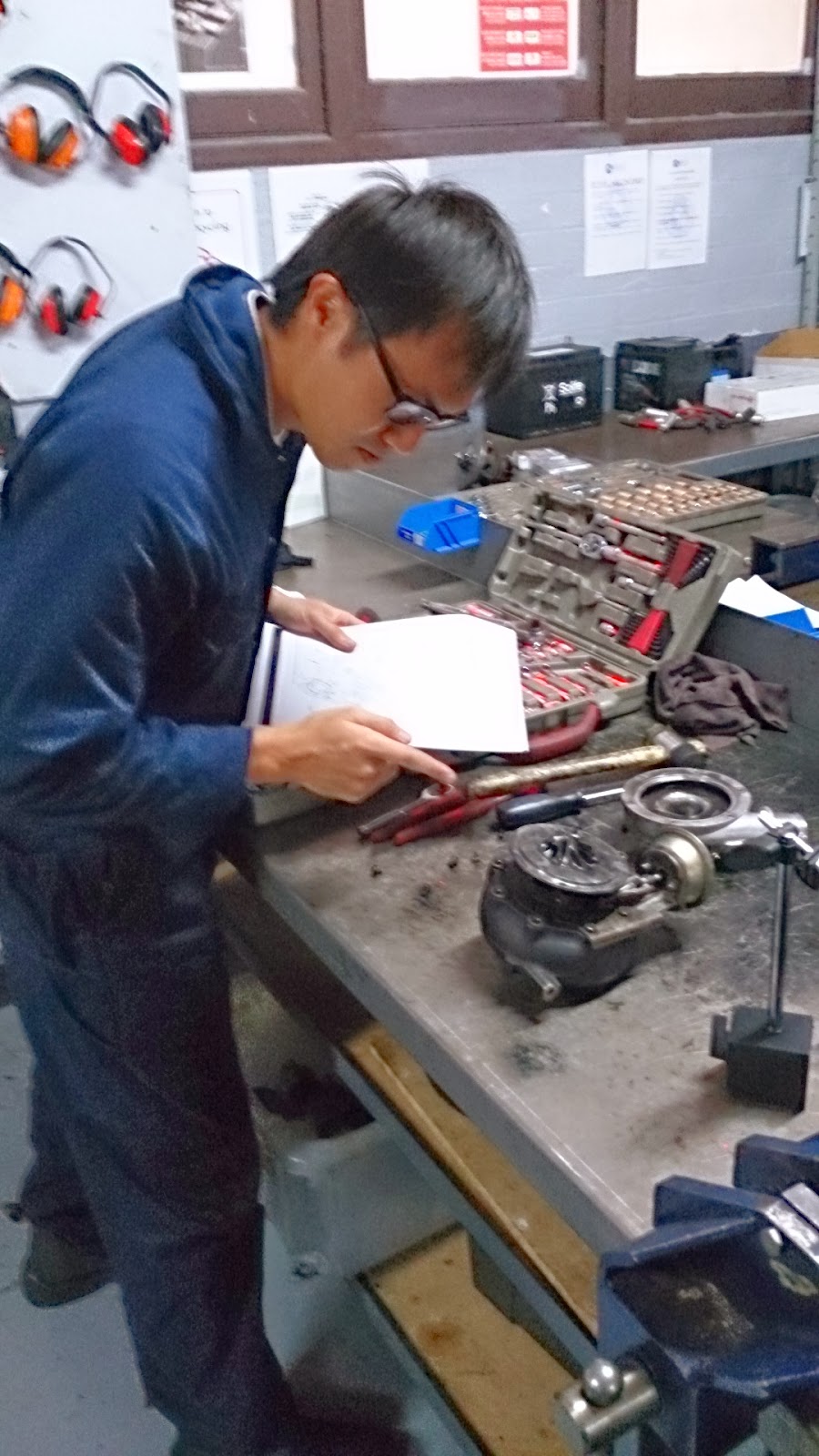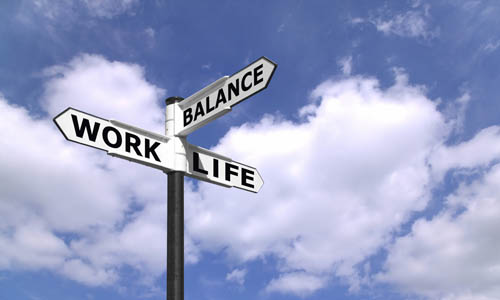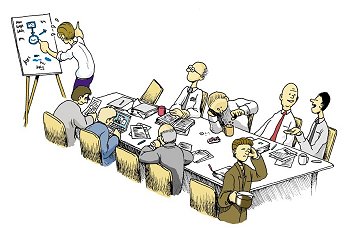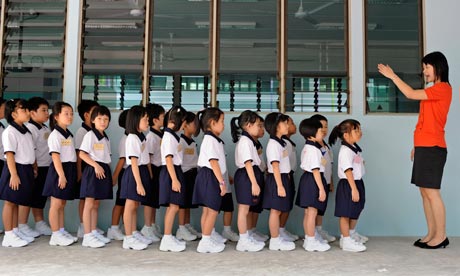Here's a quick one from me. Apologies for the Wall-of-Text format and below-par writing standard but we are actually living a fulfilling life here and thus don't have all that much time for blogging, as compared to in SG.
No, it's not a Singapore-bashing post, or a post to extoll the benefits of Oz. You, my readers, have made your own judgements, and I have made mine, so let's not pretend we can change our minds. I'm just here to share a few observations I have made in the short while we've been in Oz.
In summary, Oz seems to favour individual autonomy rather than rely on a robust system like SG does. Here, individuals have a lot of independence and latitude in solving problems, while things in SG work on the basis of Standard Operating Procedures, and constant drills. In comparison, independent thinking and problem-solving seem to take a back seat in SG.
The weakness of Australia's systems (vs Singapore's)
Is the Aussie way necessarily better? Well, relying on systems alone, SG is way ahead. I just tried to change my details with the Australian Taxman (ATO), and logged into the website only to find out that I couldn't access my account until I had phoned in to provide certain "secret" information only the ATO and myself would know.
So I phoned in, and the nice lady on the phone told me what was needed. As a new resident, I had NONE of the information required to set up my online account to do my own personal updates. So she did it for me.
No biggie. It was less efficient, but more personal. I don't think this is the way to go, but I have time, and I enjoyed talking to her (don't think dirty, she sounded like she was in her 50s, and I don't swing that way...)
There's no equivalent comparison with SG. I wouldn't know as I hardly had to do anything for my tax matters, and MINDEF settled everything for me. When I had to log on, I used SINGPass, which is a one-step login to ALL government websites. Convenient? Definitely. Efficient? Way to go Singapore!!! No kidding!
The drawbacks of a dull/rigid workforce (vs Australia)
I'm sure all of us can remember the major MRT breakdowns of late 2011, which resulted in one major casualty - the window of an MRT train.
Without digging up old articles on that, I recall that the driver basically did nothing for the passengers. He probably didn't know what to do. He didn't reassure them, or provide ventilation, and there was an undue delay before evacuation commenced. Didn't the emergency ventilation system kick in? Perhaps the SOP then had no provision for its failure as well?
We haven't been in a public transport breakdown yet in Melbourne. But little service disruptions occur every day, it seems. On the tram, we heard numerous announcements over the network PA system about diversions and disruptions. Trams would divert from their usual routes to take alternative tracks, if there are issues. There is redundancy in the system. It shouldn't come to a complete standstill, unless there is a Melbourne-wide blackout or something.
On one tram ride, we have had an exuberant and spontaneous driver who used the tram P.A system to shout at other inconsiderate road users. "GET OUT OF THE WAY!!" Or something to that effect. This same driver gave a running commentary of the CBD, much like a tour guide would. And no, this was on the regular route, not the free tourist tram that also plies the CBD area. He also announced that he was going on a long holiday and that his usual passengers would not be seeing him for a few weeks. After that, he wished everyone a Merry Christmas, and the passengers broke out in applause!
None of this is relevant to our lives. I mean sure, if people got out of the way of the tram, that helps because the tram moves that little bit faster. But it's not too significant IMHO. I sure didn't need to know his holiday plans.
But being on that tram made me feel like I had a connection with the driver, and with the other passengers around me. Sure, I wasn't a regular passenger, but that warm feeling was there.
This feeling is what tells me that I am home, even if I don't have a nice climate-controlled SBS transit bus with a driver that doesn't say anything unless spoken to.
Now imagine in SG, such a driver would probably get "Stomped" and ticked off if he had tried to scold other errant road users. I know that there are good bus drivers, cabbies and probably even train drivers in SG, but it's the stifling environment which discourages us from making human connections like this. Individual autonomy is what gives me the confidence that Australians are more likely to be able to solve problems as they come, rather than looking to SOP or "drawer plans" which would work well if the problem was anticipated, but totally useless otherwise.
If we could have independent-thinking people like the Australians (or many other First World countries), and robust systems like in SG, what a perfect place that would be!
- S
No, it's not a Singapore-bashing post, or a post to extoll the benefits of Oz. You, my readers, have made your own judgements, and I have made mine, so let's not pretend we can change our minds. I'm just here to share a few observations I have made in the short while we've been in Oz.
In summary, Oz seems to favour individual autonomy rather than rely on a robust system like SG does. Here, individuals have a lot of independence and latitude in solving problems, while things in SG work on the basis of Standard Operating Procedures, and constant drills. In comparison, independent thinking and problem-solving seem to take a back seat in SG.
The weakness of Australia's systems (vs Singapore's)
Is the Aussie way necessarily better? Well, relying on systems alone, SG is way ahead. I just tried to change my details with the Australian Taxman (ATO), and logged into the website only to find out that I couldn't access my account until I had phoned in to provide certain "secret" information only the ATO and myself would know.
So I phoned in, and the nice lady on the phone told me what was needed. As a new resident, I had NONE of the information required to set up my online account to do my own personal updates. So she did it for me.
No biggie. It was less efficient, but more personal. I don't think this is the way to go, but I have time, and I enjoyed talking to her (don't think dirty, she sounded like she was in her 50s, and I don't swing that way...)
There's no equivalent comparison with SG. I wouldn't know as I hardly had to do anything for my tax matters, and MINDEF settled everything for me. When I had to log on, I used SINGPass, which is a one-step login to ALL government websites. Convenient? Definitely. Efficient? Way to go Singapore!!! No kidding!
The drawbacks of a dull/rigid workforce (vs Australia)
I'm sure all of us can remember the major MRT breakdowns of late 2011, which resulted in one major casualty - the window of an MRT train.
Without digging up old articles on that, I recall that the driver basically did nothing for the passengers. He probably didn't know what to do. He didn't reassure them, or provide ventilation, and there was an undue delay before evacuation commenced. Didn't the emergency ventilation system kick in? Perhaps the SOP then had no provision for its failure as well?
We haven't been in a public transport breakdown yet in Melbourne. But little service disruptions occur every day, it seems. On the tram, we heard numerous announcements over the network PA system about diversions and disruptions. Trams would divert from their usual routes to take alternative tracks, if there are issues. There is redundancy in the system. It shouldn't come to a complete standstill, unless there is a Melbourne-wide blackout or something.
On one tram ride, we have had an exuberant and spontaneous driver who used the tram P.A system to shout at other inconsiderate road users. "GET OUT OF THE WAY!!" Or something to that effect. This same driver gave a running commentary of the CBD, much like a tour guide would. And no, this was on the regular route, not the free tourist tram that also plies the CBD area. He also announced that he was going on a long holiday and that his usual passengers would not be seeing him for a few weeks. After that, he wished everyone a Merry Christmas, and the passengers broke out in applause!
None of this is relevant to our lives. I mean sure, if people got out of the way of the tram, that helps because the tram moves that little bit faster. But it's not too significant IMHO. I sure didn't need to know his holiday plans.
But being on that tram made me feel like I had a connection with the driver, and with the other passengers around me. Sure, I wasn't a regular passenger, but that warm feeling was there.
This feeling is what tells me that I am home, even if I don't have a nice climate-controlled SBS transit bus with a driver that doesn't say anything unless spoken to.
Now imagine in SG, such a driver would probably get "Stomped" and ticked off if he had tried to scold other errant road users. I know that there are good bus drivers, cabbies and probably even train drivers in SG, but it's the stifling environment which discourages us from making human connections like this. Individual autonomy is what gives me the confidence that Australians are more likely to be able to solve problems as they come, rather than looking to SOP or "drawer plans" which would work well if the problem was anticipated, but totally useless otherwise.
If we could have independent-thinking people like the Australians (or many other First World countries), and robust systems like in SG, what a perfect place that would be!
- S

































